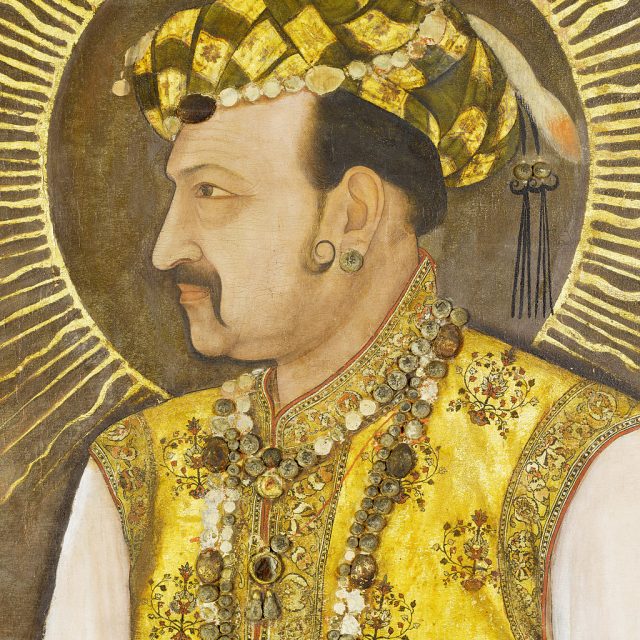Photo by Hans Veth on Unsplash
Russia increasingly strives to expand its influence in African countries by employing diplomatic, economic, and military levers. Facing international isolation due to the war in Ukraine and Western sanctions, Moscow is turning its attention to the African continent, viewing it as a strategic opportunity to enhance its influence and weaken the positions of Western states.
One of the key tools for Russian influence in Africa has been the Russia-Africa fora, held in Sochi in 2019 and St. Petersburg in 2023. These events are positioned as platforms for mutually beneficial cooperation and support; however, they strengthen African countries’ political and economic dependence on Russia. Another Russia–Africa conference is scheduled for November 2024, signalling the continuation of Russian ambitions to expand influence on the continent. The Kremlin actively promotes its interests, aiming to divert African countries from engaging with the West and presenting itself as an alternative to the neocolonial influence of Europe and the U.S.
For Europe, this Russian policy poses serious threats. The EU maintains active economic and cultural ties with several African countries, and the strengthening of Russian influence could lead to significant geopolitical competition for resources and influence on the continent. For instance, Russia is actively fostering cooperation with regimes and groups that often oppose Western interests. Thus, Russian support for authoritarian governments loyal to Moscow can lead to destabilisation in regions where the EU has economic and political interests.
Additionally, Russia utilises private military companies (PMCs) like the Wagner Group, Patriot, and RSB-Group to promote its interests and strengthen its influence in Africa. These PMCs provide protection for strategic assets, control over resources such as diamonds, uranium, and oil, and support local authoritarian regimes. The presence of Russian mercenaries in Libya, the Central African Republic, Mali, Sudan, and other countries often results in increased violence and destabilisation. As a consequence, African countries become even more dependent on external support, while Russia gains additional leverage to enhance its position on the continent.
Such destabilisation threatens not only African countries but also Europe. Migration flows caused by conflicts and deteriorating living conditions may significantly increase, creating a burden on European countries. Moreover, Russian presence through PMCs heightens security risks in the region and undermines the international community’s efforts to stabilise the situation and support democratic reforms in Africa.
Russia’s economic penetration into Africa also represents a threat to Europe. Russia is actively entering into onerous financial agreements, including favourable contracts for resource development and infrastructure projects, which gradually turn African countries into debtors to Moscow. Such agreements limit the business opportunities of European companies in Africa and reduce the competitiveness of European investors, weakening Europe’s economic position in the region.
Russia’s informational strategy on the African continent is another element of its approach. Russian media outlets like RT and Sputnik intentionally spread anti-Western sentiments, creating a false benign image of Russia as a friend of Africa. Moscow collaborates with local media to strengthen pro-Russian views and undermine the positions of Western information channels. This information expansion, targeted at African youth, fosters a positive image of Russia, distracting attention from Western actions and creating favourable conditions for Russian interests.
For EU countries, this aspect of Russian policy not only poses a competitive threat but also undermines democratic values and principles. Russia’s cooperation with authoritarian leaders and support for local regimes leads to weakened democratic institutions in Africa, increased corruption, and reduced transparency. In the long term, this could result in African countries becoming less inclined to cooperate with Europe and increasingly dependent on Moscow’s support, thereby enhancing the influence of authoritarian regimes on the international stage.
Additionally, Russia exploits food crises to manipulate African countries. The blockade of grain exports from Ukraine and limited supplies of Russian food aid create conditions for dependency on Russia, which uses humanitarian assistance as a means of pressure and control. The Kremlin advances its interests by offering aid in exchange for political loyalty, undermining international efforts to ensure food security in Africa.
Russia’s expansion in Africa poses a multifaceted threat to Europe and the international community. The increasing dependence of African countries on Moscow, support for authoritarian regimes, the spread of anti-Western rhetoric, and Russia’s economic expansion undermine the positions of Western countries on the continent. The West should recognise this challenge and work on strengthening ties with African partners to counter Russia’s growing influence and support stability and development in the region.




